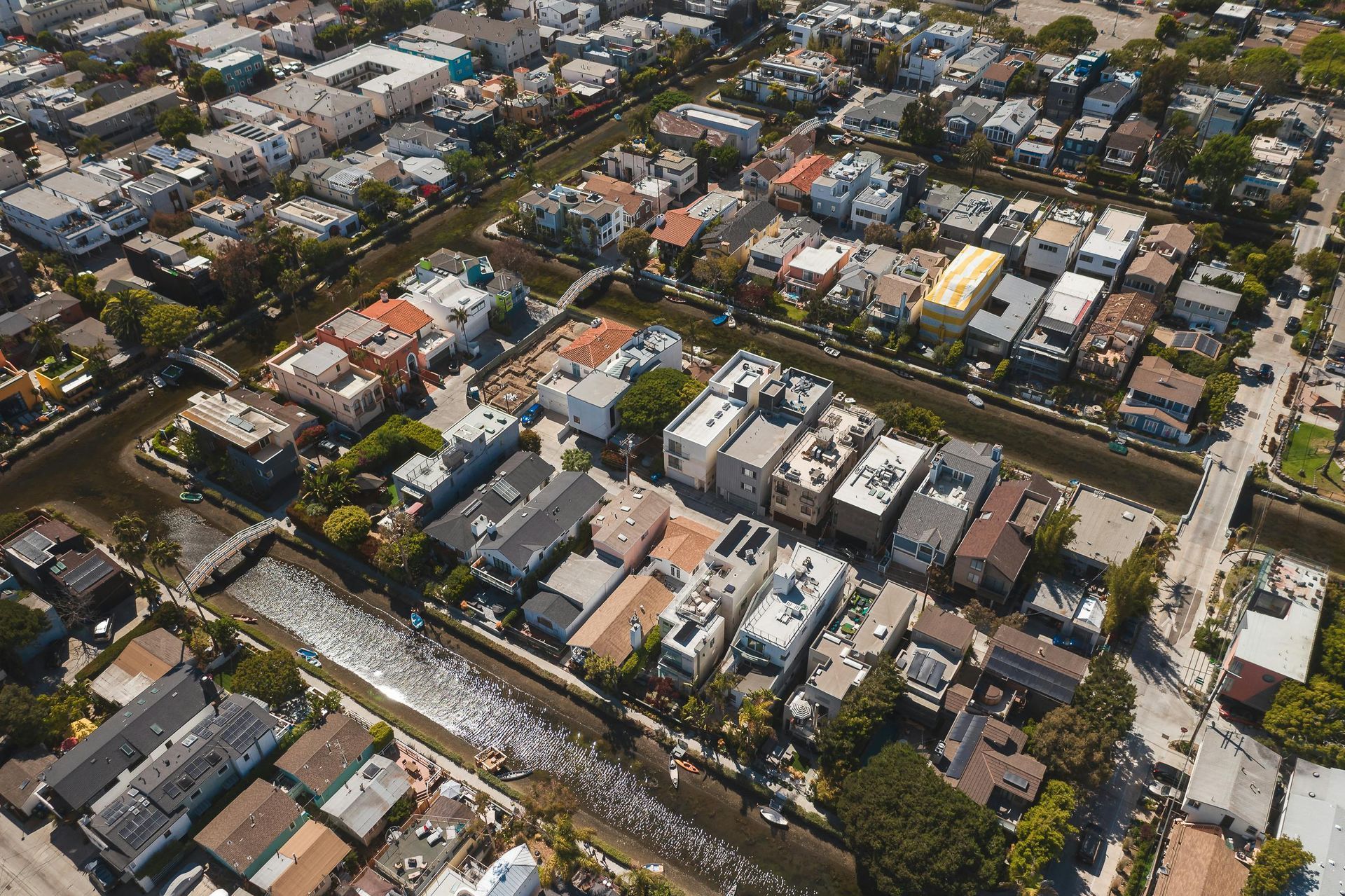The Zip Code Effect: How Where You Live Affects the Care You Get By the Charlie E & Minnie P Hendrix Foundation for Chronic Illness
Uncovering the Hidden Truth: Why Your Address May Matter More Than Your Access When It Comes to Health—and What We Can Do About It

Where You Live Shouldn't Determine How Long You Live—But It Does
At the Charlie E & Minnie P Hendrix Foundation, we believe that everyone deserves access to quality healthcare—no matter their zip code. Yet, across the United States, life expectancy and health outcomes vary dramatically based on where a person lives. These disparities are not just data points; they are real people and real stories impacted by long-standing inequities in healthcare access, economic opportunity, and environmental safety.
The Stark Reality of Health Disparities
In cities like Dallas, TX, and Louisville, KY, there’s up to an 18-year difference in life expectancy between neighborhoods just a few miles apart. For example, in Dallas, the average life expectancy in the affluent Highland Park area is 84 years, compared to just 66 years in the neighboring South Dallas area (D Magazine).
In Detroit, MI, life expectancy differs by as much as 15 years depending on the neighborhood, often reflecting racial and economic divides (Detroit Health Department).
These inequities stem from systemic factors like:
- Lack of local healthcare providers
- Food insecurity and limited access to healthy groceries
- Environmental pollution and unsafe housing conditions
- Underfunded public transportation systems
- Economic and educational disadvantages
The Data Speaks Clearly
- A groundbreaking study published in JAMA Network Open found that socioeconomic status and neighborhood conditions are stronger predictors of health than genetics (JAMA).
- According to the Robert Wood Johnson Foundation, as much as 80% of health outcomes are determined by social and environmental factors, not clinical care (RWJF).
- The National Community Reinvestment Coalition (NCRC) states that a person’s zip code can predict health more accurately than their genetic code (NCRC).
A Story From Our Community
Ms. D., a 56-year-old woman living in an underserved Detroit neighborhood, shared with us, “I’ve waited over two months for a specialist appointment. I rely on public buses that don’t always run on time. When I finally get there, I’m told I missed the window.”
Stories like Ms. D’s are heartbreaking—and far too common. These aren’t isolated incidents; they’re systemic failures.
Barriers That Shape Lives
Health disparities shaped by zip codes are not simply about healthcare access—they are about:
- Transportation: Lack of reliable transit means missed appointments and delayed care.
- Education: Poorly funded schools mean fewer opportunities and lower health literacy.
- Housing: Poor-quality housing and environmental hazards (like lead or mold) lead to long-term health issues.
- Income: Lower wages limit access to healthy food, prescriptions, and health services.
How We’re Responding
The Charlie E & Minnie P Hendrix Foundation is actively working to change the narrative in zip codes across Detroit and beyond. Here's how:
✅
Expanding Food Access: We provide nutritious food boxes tailored to the needs of those living with chronic illnesses.
✅
Health Literacy Workshops: Through our Digital Health Literacy Program, we teach people how to navigate the healthcare system, read prescriptions, and find trusted resources.
✅
Transportation Assistance: We’re exploring rideshare and community transportation partnerships to reduce missed medical appointments.
✅
Community-Based Advocacy: We’re empowering residents to share their stories and influence local health policy.
Solutions for a Healthier, Fairer Future
Here are broader policy-level and community-level solutions we support:
- Expand Medicaid and community health centers in underserved areas
- Invest in affordable housing and healthy food initiatives
- Support universal access to broadband for telehealth services
- Create incentives for medical providers to serve in high-need communities
- Establish mobile clinics to bring care directly into marginalized neighborhoods
Final Thoughts: The Power of Compassion and Community
Every person deserves to live a long, healthy life—no matter their zip code. Our neighborhoods should not define our destinies. By combining compassion, data, and community-driven solutions, we can close the health gap and create a future rooted in equity, access, and dignity for all.
Let’s continue to listen, learn, and lead with heart.
Sources Cited:
- Robert Wood Johnson Foundation – How Where We Live Affects Health
- JAMA – Neighborhoods and Health Outcomes
- NCRC – Zip Code vs Genetic Code
- Detroit Health Department – Public Health Statistics
- D Magazine – Life Expectancy in Dallas
